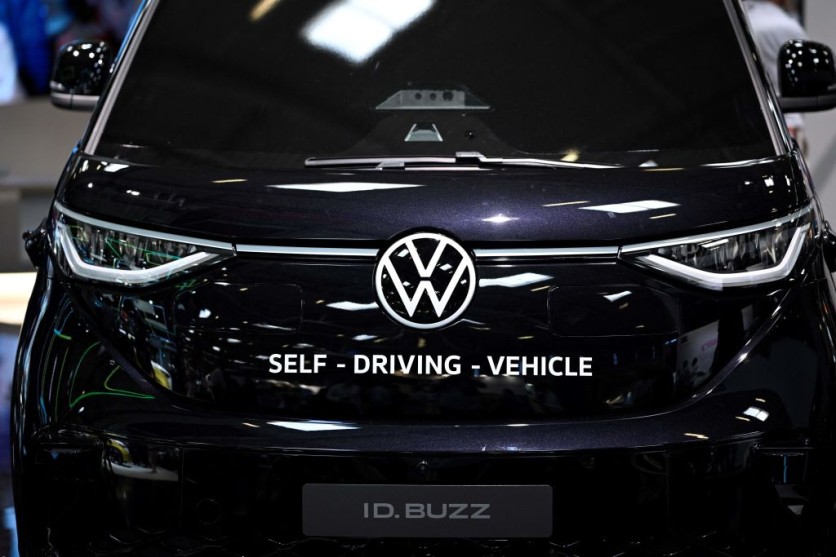Volkswagen is in negotiations to develop its €20,000 ($21,476) electric vehicle with Renault. The negotiations seek to create a platform to make battery-powered automobiles more accessible, according to sources.
The discussions with Renault are in a preliminary stage, and the outcome remains uncertain. However, both companies are targeting an ambitious annual production range of 200,000 to 250,000 vehicles if the collaboration progresses, according to Reuters, citing a report from Handelsblatt.
Volkswagen has opted not to provide comments on the reported discussions. In response, a spokesperson from Renault underscored the necessity of collaboration to maintain competitiveness in the market for small-entry electric vehicles. The spokesperson acknowledged ongoing discussions but emphasized that no final agreements have been reached.

Keeping Up with The Competition
European automakers like Volkswagen and Renault are pushing for affordable electric cars. The strategic decision comes amid increased competition from Tesla and cheaper Chinese models.
According to automotive research company JATO Dynamics, the average retail price of an electric vehicle (EV) in Europe topped €65,000 ($69,835) in the first half of 2023. Compared to China, where EVs averaged just over €31,000 ($33,305), the number is striking.
Renault recently unveiled its new EV, Twingo Legend, priced below €20,000 ($21,493), intending to democratize the electric vehicle market. Volkswagen disclosed information on the development of an all-EV in March with a €25,000 ($26,866) price tag and a 2025 launch date. The car company also hinted that they are working on a €20,000 ($21,493) EV, although specific details were not provided.
However, Volkswagen CEO Oliver Blume said last month that the production of the €20,000-Volkswagen EV had not been decided.
Read also: Empowering Non-Engineers: Lutra AI Secures $3.8m Seed Funding for Code-First AI Workflows
The news follows a report that Volkswagen has partnered with Magna Steyr to develop its Scout electric vehicle (EV) brand in Europe, securing a 450 million euro ($492 million) order.
According to Teslarati, Magna Steyr, based in Graz, Austria, will be responsible for developing the two Volkswagen Scout EV models-an electric pickup and an SUV. The automobiles are expected to debut in the US in early 2027 and finish series production in 2026. Volkswagen will construct the EVs in its South Carolina factory instead of Magna.
Number of EV Users in Germany Slide
Clean Technica reported in November that 25.7% of Germans drove plug-in electric cars (EVs), down from 39.4% the year before. Full-electric cars were 18.3%, and plug-in hybrids were 7.4%. This downturn is attributed to changes in incentives and policy adjustments affecting the EV market in the country.
Starting January 1, 2024, electric vehicles in Germany will face another incentive reduction. The bonus amount will decrease from €4,500 ($4,835) to €3,000 ($3,223), along with the eligibility price ceiling for EV incentives from €65,000 ($69,867) to €45,000 ($48,370).
This adjustment is anticipated to prompt a pull-forward effect in December and a subsequent decline in January, particularly for EV models priced between €45,000 and €65,000. The interaction of this change with the lingering effects of the September incentive cut remains uncertain.

ⓒ 2026 TECHTIMES.com All rights reserved. Do not reproduce without permission.




